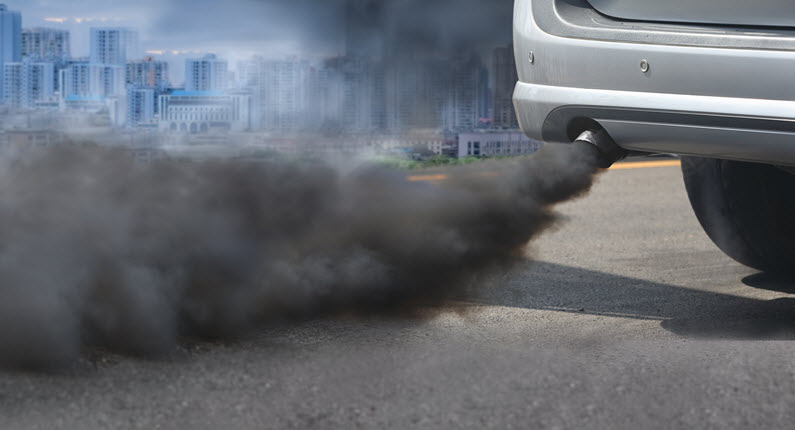Every vehicle creates hazardous fumes and gases, and BMW is no different. If your BMW’s PCV valve breaks, it will need to be replaced. BMW owners should be aware and have prevention in mind with a solution in place if and when it does occur.
This article will explain more about the PCV valve, why it is crucial, and what problems signs you should be keeping an eye on. Even if you are a new BMW owner and this problem is miles away, it never hurts to be ready.
Symptoms of a Malfunction PCV Valve
The PCV valve is the Preventative Crankcase Ventilation valve. It is a ventilation system for the hazardous gases that come from burning fuel. The PCV valve stops the gases from traveling back into the engine.
Since the PCV valve bears the brunt of the hazardous exhaust fumes, corrosion is natural and means that the part has a lifespan that does not last forever. It will eventually need replacement.
If your PCV valve is not working correctly, you will need to fix it sooner rather than later. Here are some signs to watch for:
- Black Smoke Rising: Like a cliche scene in a movie, where a car malfunctions on the side of the road billowing enormous amounts of smoke, this can be a sign of a PCV valve issue. The smoke will be black, and you will need to visit an automotive repair shop immediately.
- Engine Light: Though this can indicate multiple issues, if the engine light comes on, it could be due to a PCV valve failure.
- Oil Leaking: Extensive oil leakage can occur when there are problems with the PCV valve. Try to remember to look at your regular parking spots or occasionally look under your car to see if there is oil leaking.
- Excessive Fuel Consumption: If you’re not getting as much of a bang for your buck regarding fuel, this could be due to increased fuel consumption, which is a symptom of a failing PCV valve.
- Driving Difficulties: Your BMW’s engine might not start correctly. Additionally, there can be acceleration issues, misfiring, or idling. The car might shake or even skip forward.
Prioritize Prevention Until Replacement is Needed
Prevention is the correct state of mind when it comes to parts failure. The lifespan of the PCV valve might increase by keeping the car on a routine service schedule. Change the oil and provide good upkeep.
When discussing the car at the automotive repair shop, ask about the PCV valve and its current state. Ask the attendant about the PCV valve and see if it can be checked to make sure everything is in good working condition, even if no problems are occurring at the moment. Communicate to them the make, model, and mileage of your car and ask if it is possible to gauge when to replace the part. The part’s efficacy will end at some point, so it is best to prepare by having a good relationship with an auto repair shop and a mechanic you trust on deck.
When the valve breaks, it is open and spewing all of those fumes inside the engine. Replacing the PCV valve by a professional mechanic is the solution. After replacing the part and a fresh new PCV valve is in place, continue with the regular tune-ups and oil changes. It is a good idea to keep a regular schedule to service your vehicle.
Let the Leading Repair Shop in Cary Solve Your BMW Problems
You will want to work with an expert with BMW or foreign cars. You purchased a luxury vehicle, and you should  have someone who fully understands all of the complex machinery and parts. You deserve to have a team that has worked extensively with European cars. If you live near Cary, Illinois, bring your BMW or other imported cars to Manfred’s Import Auto.
have someone who fully understands all of the complex machinery and parts. You deserve to have a team that has worked extensively with European cars. If you live near Cary, Illinois, bring your BMW or other imported cars to Manfred’s Import Auto.
We have high standards, certified technicians, and decades of experience with foreign vehicles. We have been proudly servicing European cars since 1986, providing excellent service to Cary, Illinois and the surrounding areas of Barrington, Crystal Lake, Fox River Grove, Lake Forest, and Lake Zurich. Call us at 847-462-2100 or visit our website where you can schedule a convenient appointment.


Recent Comments